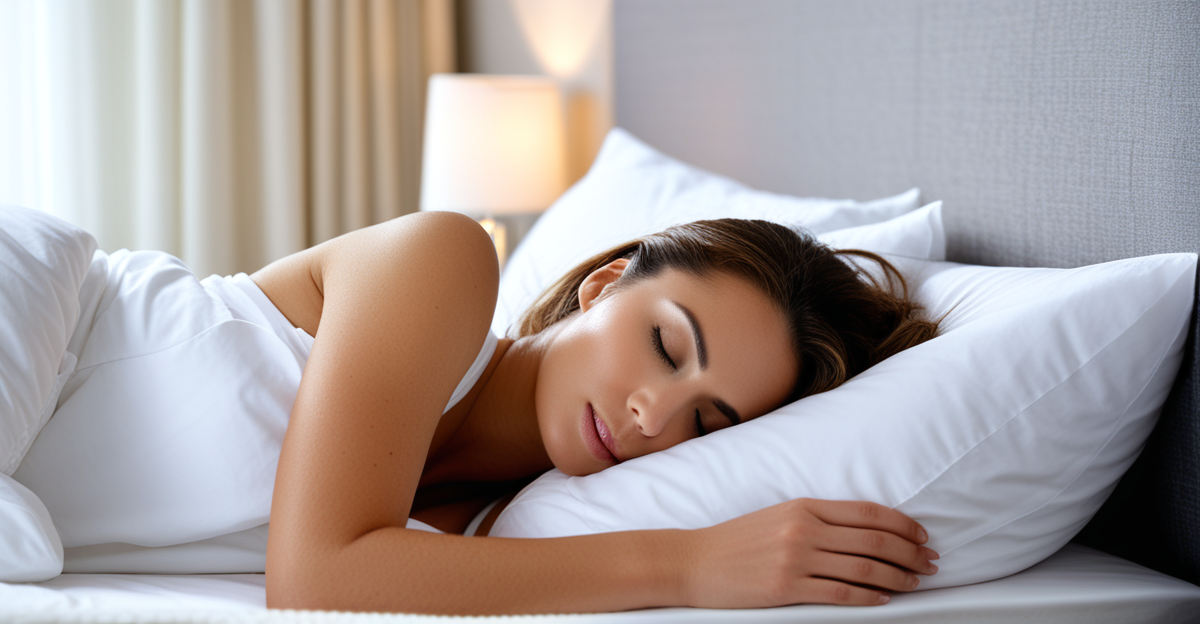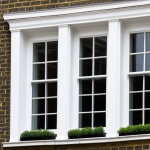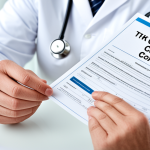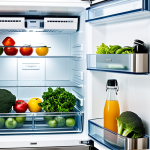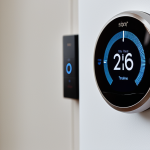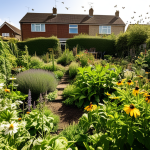Essential Principles of Transformative Sleep
Improving sleep quality in the UK hinges on understanding and applying fundamental aspects of sleep hygiene. According to NHS sleep guidelines, consistent routines greatly enhance restorative sleep. The primary factors influencing sleep quality include regular sleep schedules, minimizing screen time before bed, and maintaining a comfortable sleeping environment.
Scientific studies confirm that the body’s internal clock responds best when bedtime and wake time remain consistent, underscoring the importance of routine. Additionally, avoiding caffeine or heavy meals shortly before sleep helps reduce disturbances. The NHS emphasizes reducing noise and light levels in the bedroom to create an ideal atmosphere conducive to falling and staying asleep.
In the same genre : Unlocking balcony energy: creative renewable solutions for apartment dwellers in the uk
Core to NHS-approved sleep hygiene basics is the recommendation to reserve the bed solely for sleep and relaxation, limiting activities like work or television in bed to prevent association between the bed and alertness. These principles collectively foster transformative sleep changes.
By adhering to these evidence-based habits, individuals can significantly enhance their sleep quality while aligning with trusted UK health advice. Ultimately, thoughtful adjustments in daily habits and environment can lead to lasting improvements in rest and well-being.
In the same genre : The ultimate guide to choosing an eco-friendly fridge for your cozy uk kitchen
Latest Bedroom Technology for Better Sleep
The landscape of bedroom technology in 2024 offers a variety of innovations designed to enhance sleep quality. Among the most popular are smart beds that adjust firmness and temperature automatically, responding to your body’s needs throughout the night. These beds use sensors to assess sleep patterns and improve comfort dynamically, a feature highly praised in the UK market.
Smart sleep devices, including advanced sleep trackers, provide detailed insights into sleep cycles by monitoring heart rate, movement, and breathing. This data helps users understand their sleep hygiene and make evidence-based adjustments. For instance, some trackers can prompt changes in bedtime or environment to align with NHS sleep guidelines.
In addition, adaptive lighting systems simulate natural sunrise and sunset, aiding in the regulation of circadian rhythms. These UK sleep tech products often integrate with smartphone apps, allowing personalized control over bedroom lighting and ambiance.
When comparing these devices, consider factors like compatibility with NHS sleep guidelines, ease of use, and data accuracy. For example, sleep trackers that sync seamlessly with health apps offer practical benefits for those committed to improving sleep quality through technology.
Expert Sleep Hygiene Tips Tailored for the UK
Adopting effective sleep hygiene tips tailored to the UK climate and lifestyle can vastly improve sleep quality. Experts recommend establishing a consistent sleep routine, which aligns with circadian rhythms and supports natural sleep-wake cycles. The NHS sleep guidelines stress the importance of winding down at least 30 minutes before bed by avoiding screens and stimulating activities.
Environmental factors play a crucial role. Maintaining a bedroom temperature around 18°C helps promote deeper sleep, as cooler environments encourage the body to rest. Managing noise with earplugs or white noise machines effectively reduces disturbances. Dimming lights and using blackout curtains minimizes light pollution, all recommended under UK expert advice.
Technology integration complements traditional sleep hygiene without overwhelming the user. Devices like sleep trackers should be used to observe patterns rather than disrupt routines. For example, adaptive bedroom lighting controlled via smartphone apps aligns with both NHS sleep guidelines and expert sleep hygiene tips by simulating sunset and sunrise cues.
By combining these expert-backed routines and environmental adjustments with thoughtful use of UK sleep tech products, individuals can foster better sleep quality improvement tailored specifically to their needs.
Personalising Your Sleep Toolkit
Personalised sleep solutions leverage UK sleep tools and wearable technology to tailor improvements precisely to individual needs. Selecting the right combination depends on factors like age, lifestyle, and specific sleep challenges. For example, some may benefit most from wearable sleep trackers that collect detailed data on sleep stages, heart rate, and movement, enabling targeted adjustments.
Wearable technology synced with smartphone apps offers real-time feedback, helping users identify disruptive patterns such as frequent awakenings or inconsistent sleep schedules. This data-driven approach aligns well with NHS sleep guidelines by supporting informed decisions regarding sleep hygiene and routine modifications.
Beyond devices, integrating personalised advice and monitoring promotes consistent progress. Users can experiment with features like vibration alarms or adaptive lighting control, combining technology with traditional habits to enhance sleep quality improvement effectively. Resources such as NHS support services provide further guidance on using UK sleep tools appropriately.
Ultimately, personalising the sleep toolkit empowers individuals to make evidence-based changes, increasing the chances of achieving transformative sleep aligned with their unique physiological and environmental contexts. This bespoke strategy embodies the future of sleep hygiene in the UK.

